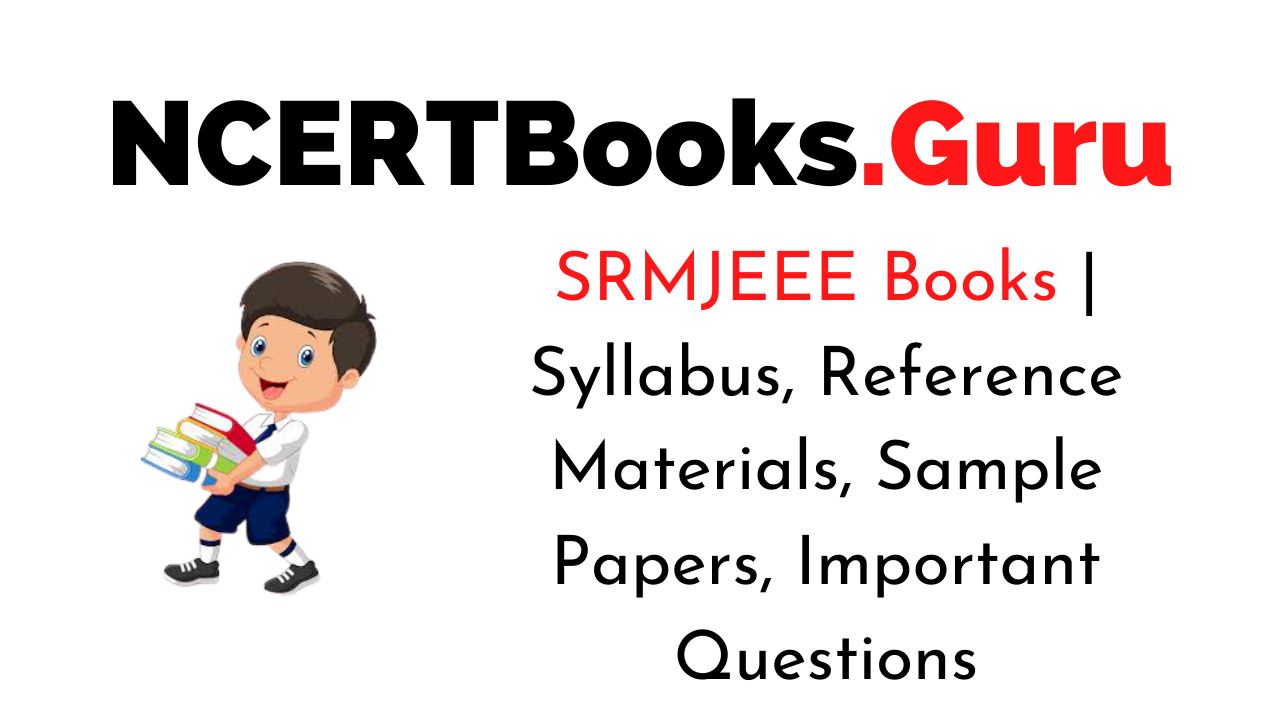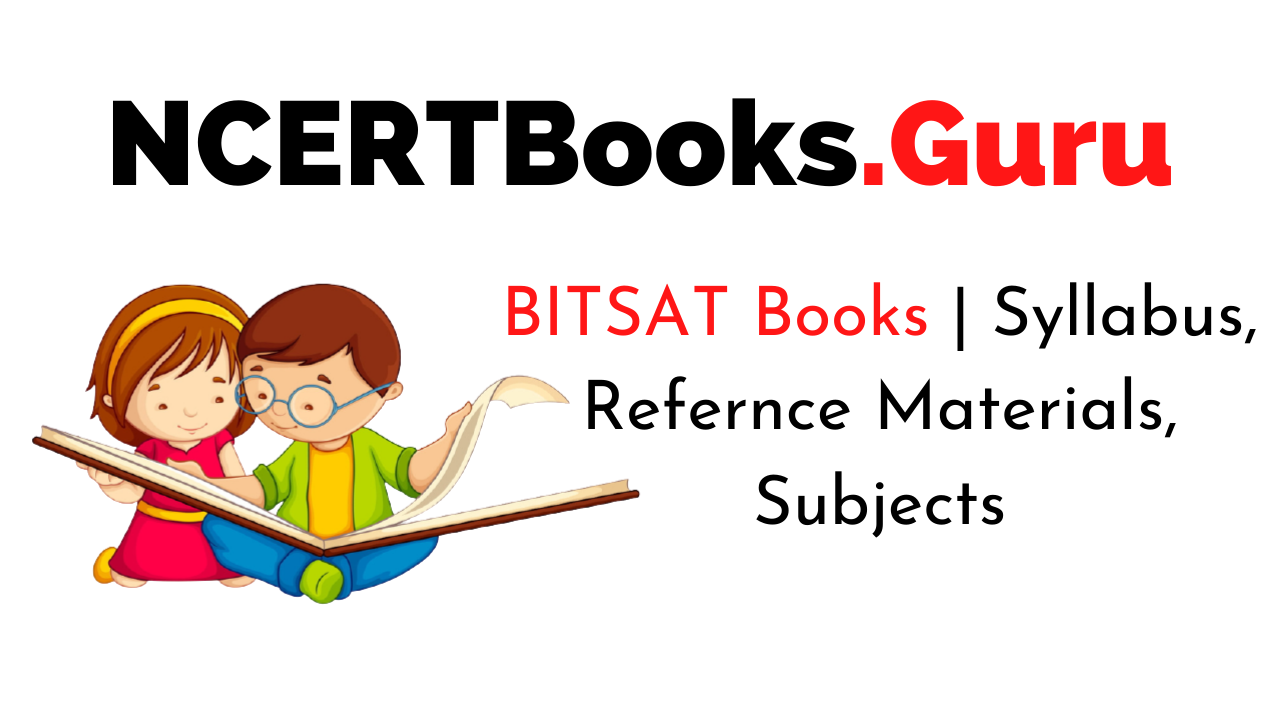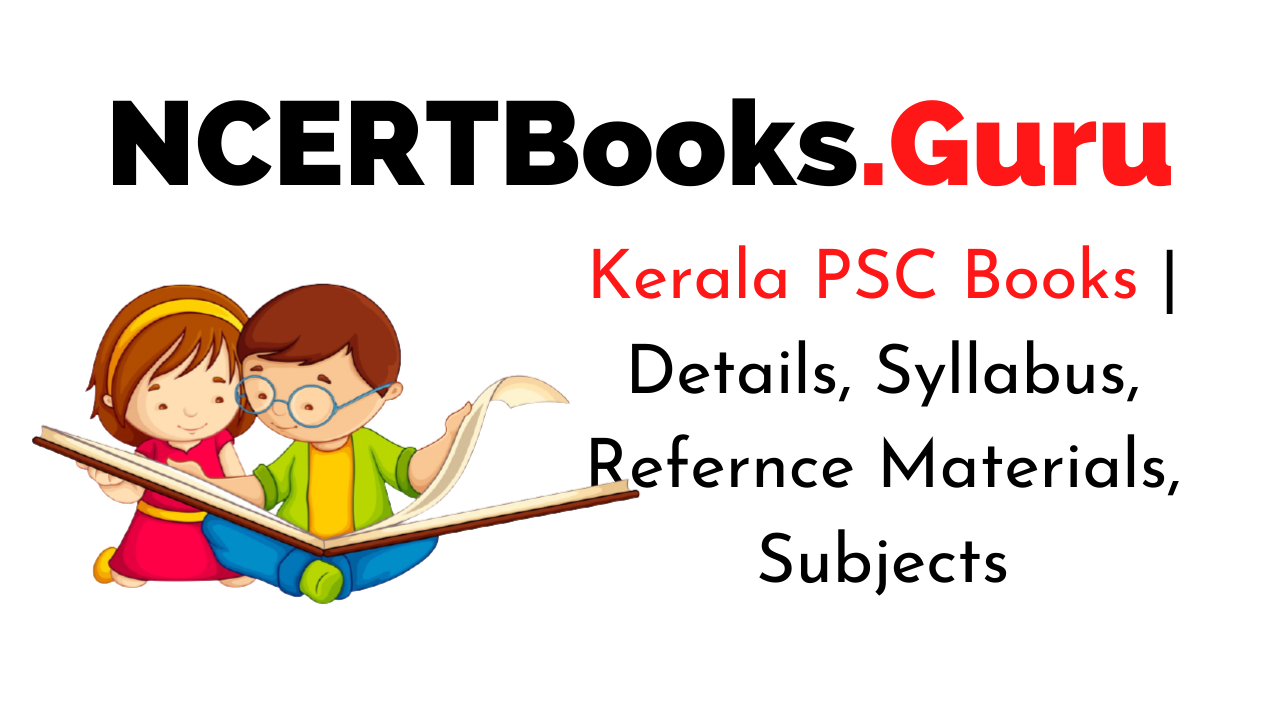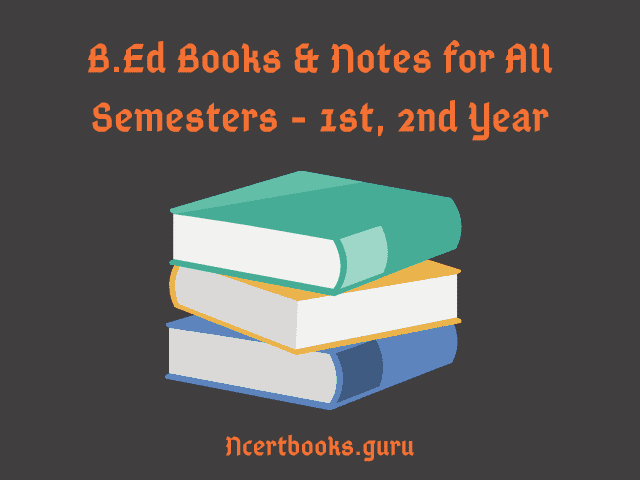SRMJEEE Books: Are you confused about which book you should refer to for your upcoming SRM Institute of Science and Technology Joint Engineering Entrance Exam or SRMJEEE?
Fret no more! You have reached the right website. Here you will find everything you need to know about SRMJEE, its study materials, reference books, and more. Furthermore, you will get a collection of organised information about SRMJEE, including syllabus and examination pattern.
Studying from the most appropriate books for any competitive exam helps students to prepare well for their entrance test without the panic. The list of books and reference material mentioned herewith will reduce your preparation time and still have an edge in the SRMJEEE.
The right books are the key to excellent scores and enable students to get admission to their targeted college or university. These books and study materials encompass the entire syllabus and cover all the subjects you need for the entrance exam.
SRMJEEE Books and Reference Materials
You can depend on SRMJEEE study material to enhance your knowledge in the field and broaden your admission options. These books will help you revise for the engineering subjects, such as physics, chemistry, and mathematics or biology. Moreover, the updated versions of the books include the latest material as per the SRMJEEE examination pattern. When you refer to SRMJEE study materials and notes, you will get additional subjects, such as English and Aptitude.
Here is an overview of all the compiled information that you have searching for the best preparation materials and information.
- SRMJEEE Examination
- SRMJEEE Syllabus
- SRMJEEE Notes and Books
- SRMJEEE Study Materials
- Conclusion
- SRMJEEE FAQs
SRMJEEE Examination Details
Sri Ramaswamy Memorial Institute of Science and Technology or SRM Institute of Science and Technology holds Joint Engineering Entrance Examination or JEE every year to select eligible students for admission to engineering programs by the institute.
| Relevant Information | Details |
| Exam Full Name | SRM Joint Engineering Entrance Examination |
| Exam Governing Body | Sri Ramaswamy Memorial Institute of Science and Technology |
| Exam Level | University Level National Entrance Exam |
| Exam Date | April Every Year (tentatively) |
| Exam Mode | Online (Computer-based test) |
| Exam Duration | 150 minutes |
| Exam Subjects | Chemistry, Physics, Mathematics/Biology, English, Aptitude |
SRMJEEE Admission Criteria
SRMJEE is a common entrance exam, the score of which is acceptable to all SRM Group Institutes and universities located across India. SRM Institute of Science and Technology JEEE score can help students to enroll themselves in any of the following locations of the universities in Kattankulathur, Ramapuram, Vadapalani, Andhra Pradesh, Haryana, Sikkim, Amravati, and Ghaziabad.
SRMJEEE Qualifying Percentage Eligibility
The students need to attain a minimum desirable percentile/percentage/marks of 60% in SRMJEEE to qualify for primary screening. The university also takes into consideration the candidates’ performance in the pre-admission rounds, marks obtained in 12th, and the percentage in English language and aptitude tests.
SRMJEEE Syllabus
SRMJEEE syllabus has a maximum portion of the Class 12th academic curriculum. The joint entrance exam test paper contains 125 questions. The students need to complete the paper in 2 hours and 30 minutes. Each question is approximately divided equally. The computer-based exam is in the form of MCQs (multiple choice questions).
There are broadly three sections – physics, chemistry, mathematics/biology. Apart from that, the latest version includes English and Aptitude. The physics and chemistry section has 35 questions each. The Mathematics or biology section covers 40 questions. In English students need to attempt to complete five marks of reading comprehension. The aptitude section contains questions worth ten marks.
Students can strive to get good marks if they study systematically with excellent SRMJEEE study materials and SRMJEEE books, which cover the entire syllabus.
Below you will find the details of all the topics under their respective subjects for the SRMJEEE.
Physics Syllabus
The SRMJEEE Physics section includes the following topics, which includes around 35 questions.
- Nuclear Physics
- Electrostatics
- Units and Measurement Mechanics
- Current Electricity
- Gravitation, Mechanics of Solids and Fluids
- Optics
- Magnetism and Magnetic Effects of Current
- Electronic Devices
- Atomic physics
- Dual Nature of Radiation and Matter
- Electromagnetic Induction, Alternating current, and Electromagnetic waves
Chemistry Syllabus
The SRMJEEE chemistry section includes the following topics. The section includes around 35 questions, carrying one mark for each correct answer.
- Chemistry in everyday life
- Biomolecules
- Aldehydes, Ketones, and Carboxylic acids,
- Haloalkanes and Haloarenes
- D and F block elements
- P-Block elements
- Surface chemistry
- Electrochemistry
- Chemical Kinetics
- General principles and processes of isolation of elements
- Coordination compounds
- Alcohols, Phenols, and Ethers
- Organic Compounds containing Nitrogen
- Polymers
Mathematics/Biology Syllabus
Students can choose either subject – Maths or Biology. The forty marks’ SRMJEEE mathematics/biology section includes the following topics.
| Mathematics Topics | Biology Topics |
| Sets, relations, and functions | Ecology and environment |
| Matrices, determinants, and their application | Diversity in the living world |
| Algebra | Biotechnology and its applications |
| Integral calculus and its applications | Structural organisation in animals and plants |
| Differential calculus and its applications | Biology and human welfare |
| Complex numbers and quadratic equations | Cell structure and functions |
| Combinatorics | Genetics and evolution |
| Vector Algebra | Plant physiology |
| Trigonometry | Human physiology |
| Statistics and Probability distributions | Reproduction |
| Analytical geometry |
English Syllabus
The SRMJEEE English section includes reading comprehension. The five marker section requires the students to showcase their ability to comprehend a passage and answer the questions given therein accurately.
Aptitude Test Syllabus
The SRMJEEE Aptitude section holds ten marks, where each question’s value is one mark. The following is the list of topics that come under the Aptitude test syllabus.
- Number System
- Percentage
- Statistics
- Quadratic equation
- Linear equation
- Arrangement
- Profit and loss
- Direction sense test
- Trigonometry
SRMJEEE Notes and Books
The SRMJEEE exam paper is based on the school syllabus and contains a significant part of the NCERT books. Students must thoroughly study their Class XI and XII NCERT books during their school period.
Students planning to appear in SRMJEEE should refer to extra study material and reference notes to enroll themselves in SRM college of their preference. Students’ initial preparation should be based on the NCERT published book and NCERT syllabus to build a clear understanding of the topics. The following suggested books are guaranteed to help students come out with flying colours.
Furthermore, students need to practice the mock test papers, previous years’ test papers, and sample test papers for an assured seat in SRM colleges.
Recommended Books for SRMJEEE
Science subjects, such as Chemistry, Mathematics, and Physics, need plenty of practice. Students cannot do well in the SRMJEEE with their last-minute preparation. You can refer to the following books for a better insight into engineering preparation.
Suggested Books for SRMJEEE Physics Section
Here is a list of SRMJEEE physics books that students can refer to along with Class XI and XII NCERT books.
- The concept of physics volume I by H. C. Verma
- The concept of physics volume II by H. C. Verma
- Understanding physics series by D.C.Pandey
- Principles of physics by Resnick, Halliday and Walker
Suggested Books for SRMJEEE Chemistry Section
Here is a list of SRMJEEE chemistry books that students can refer to along with Class XI and XII NCERT books.
- Inorganic chemistry by O. P. Tandon
- Organic chemistry by O. P. Tandon
- Organic chemistry by Morrison Boyd
- Concise inorganic chemistry by J. D. Lee
- Numerical Chemistry by P. Bahadur
- A modern approach to chemical calculations by R. C. Mukherjee
Suggested Books for SRMJEEE Mathematics Section
Here is a list of SRMJEEE mathematics books that students can refer to along with Class XI and XII NCERT books.
- Trigonometry and geometry by S. L. Loney
- Problems in calculus by I. A. Maron
- Class XII Maths by R. D. Sharma
- Algebra by S. K. Goyal
- Higher Algebra by Hall and Knight
Suggested Books for SRMJEEE Biology Section
Here is a list of SRMJEEE biology books that students can refer to along with Class XI and XII NCERT books.
- Pradeep- A text for biology for Class XII by G.Chopra, H.N. Srivastava, P. S. Dhami
- S. Chand- Biology for Class XII by Sarita Aggarwal
- Trueman’s Elementary Biology for Class XII by K. N. Bhatia, M. P. Tyagi
Suggested Books for SRMJEEE English Section
Here is a list of SRMJEEE English books that students can refer to according to the latest exam pattern.
- Arihant- Verbal ability and reading comprehension by Ajay Singh
- Wren and Martin – High school English grammar and composition
Suggested Books for SRMJEEE Aptitude Section
Here is a list of SRMJEEE Aptitude books that students can refer to prepare according to the latest exam pattern.
- Quantitative Aptitude for competitive exam by R. S. Aggarwal
- Arihant- Fast track objective arithmetic
SRMJEEE Study Materials
Keeping in mind the competitiveness of SRMJEE examination, students need to go beyond books. They can elevate their performance in the entrance exam by practising mock test papers, sample papers, previous years’ question paper, important questions, expected questions, and more. Below you will find links to some questions papers which you can practice.
SRMJEEE Mock Test
A mock test is a self-assessing test chiefly to serve as a practice test to do well in the SRMJEE examination. Students can attempt the SRMJEE mock test online by registering with their email ID and other contact details. The mock test is available on the official website for the interested students. Furthermore, the mock test helps students to manage their time.
SRMJEEE Sample Papers
Sample Papers are peeking into the SRMJEEE test patterns. It is highly beneficial for students to assess if they have the education to attempt the test.
| Physics | Chemistry | Mathematics |
| Click here for solved sample test paper I. | Click here for solved sample test paper I. | Click here for solved sample test paper I. |
| Click here for solved sample test paper II. | Click here for solved sample test paper II. | Click here for solved sample test paper II. |
| Click here for solved sample test paper III. | Click here for solved sample test paper III. | Click here for solved sample test paper III. |
| Click here for solved sample test paper IV. | Click here for solved sample test paper IV. | Click here for solved sample test paper IV. |
| Click here for solved sample test paper V. | Click here for solved sample test paper V. | Click here for solved sample test paper V. |
SRMJEEE Important Questions
Although all questions have the same importance in the examination, there are only a few questions that reappear in the SRMJEEE paper almost every other year. It is beyond school students’ capacity to determine repeated questions as the most important questions. It would be best if students practice the previous years’ test paper to identify critical questions.
SRMJEEE Question Bank
Aspirants can crack the SRMJEEE with dedication, discipline, and vital study materials. No goal is too lofty if you are determined and focussed. Students can attempt to finish the question banks, which aids them to get an excellent score in SRMJEEE.
SRMJEEE Important Topics
Systematic preparation requires students to strategise their learning. First students should cover the entire SRMJEEE syllabus. Afterward, students should emphasise on the crucial topics. They can further refer to important notes and materials to avoid last-minute panic.
Conclusion on SRMJEEE Books
The above mentioned SRMJEEE books and study materials are instrumental in achieving the desired results in the entrance exam preparations.
FAQ’s on SRMJEEE Books
Question 1.
What is the pattern of the SRMJEEE examination?
Answer:
The computer-based SRMJEEE will be in the English medium with a total of 125 questions for 125 marks. The question paper will have multiple-choice questions covering Physics, Chemistry, Mathematics/Biology, English, and Aptitude. There will be approximately 35 questions in the Physics section, 35 questions in the Chemistry section, 40 questions in Mathematics/Biology section, fiver marks questions in the English section and ten questions in the Aptitude section.
Question 2.
How should I prepare for the SRMJEEE examination?
Answer:
The SRMJEEE is comparatively easier than JEE Mains and JEE Advance. The aspirants should refer to NCERT books syllabus, and buy books and study materials that are fundamental in escalating their knowledge in physics, chemistry, mathematics/biology, English, and Aptitude.
Question 3.
What are a few SRMJEEE books for reference and preparation?
Answer:
The recommended SRMJEEE books as reference material include
- The concept of physics volume I and II by H.C.Verma
- Maths Class XI and XII by R.D Sharma
- Inorganic chemistry by O.P.Tandon
- Organic chemistry by O.P.Tandon And more.
Question 4.
Why are the SRMJEEE Sample Papers essential?
Answer:
Practising the sample papers are the key to good grades in the SRMJEEE. Students are well prepared. There are no surprise questions if they practice SRMJEEE solved sample papers.




![International Social Studies Olympiad [ISSO]](https://www.ncertbooks.guru/wp-content/uploads/2020/10/International-Social-Studies-Olympiad-ISSO.png)
![Smart Kid General Knowledge Olympiad [SKGKO]](https://www.ncertbooks.guru/wp-content/uploads/2020/09/Smart-Kid-General-Knowledge-Olympiad-SKGKO.png)